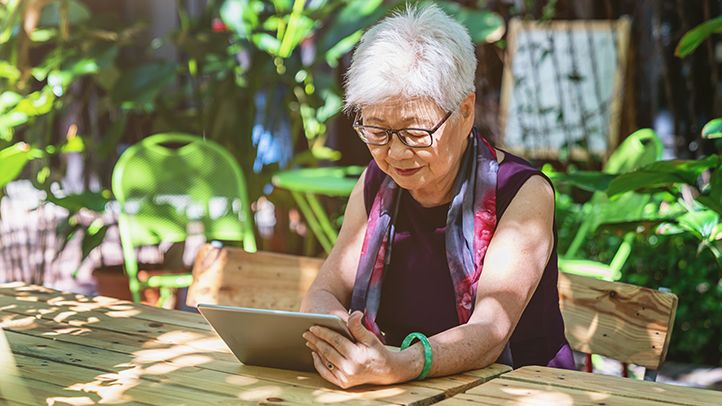An ovarian cancer diagnosis may change every aspect of life, from the choices you make about diet and exercise to treatment and intimacy.
Diet
Exercise
Cancer treatment side effects include anxiety, fatigue, and insomnia. Exercise is an excellent method of offsetting some of these symptoms. People living with ovarian cancer can benefit from moderate-intensity exercise — even just brisk walking. Consult your oncologist to create an exercise plan that works for you, especially if treatment is ongoing.
Infectious Illnesses
Common infections, such as a cold or flu, can have a greater impact on people with ovarian cancer. “Patients undergoing ovarian cancer treatment have weaker immune systems and an increased risk for infection,” says Kalyan Banda, MD, an assistant professor of medical oncology at Fred Hutch Cancer Center in Seattle. “It makes even common infections like colds, flu, or pneumonia riskier, because if you’re in the middle of chemo or other treatment, the symptoms can last longer, become more severe, lead to hospital stays, and potentially delay your cancer treatment.”
To reduce your risk of illness, wash your hands frequently, get the flu and pneumococcal vaccines, and avoid contact with sick people, says Dr. Banda. Your doctor may also recommend a COVID-19 booster, shingles (varicella-zoster virus) vaccine, respiratory syncytial virus (RSV) shot, and other immunizations to help protect you against serious illness.
If you do get sick, tell your doctor right away, says Banda. “If you get a fever, chills, or cough, let your doctor know, because during treatment, a small infection can get out of hand,” he says.
Complementary and Alternative Medicine
Among the complementary therapies being studied is aromatherapy (the use of essential oils). One small study of women with ovarian cancer showed that it helped relieve symptoms such as nausea, pain, and peripheral neuropathy (damage to nerves outside the brain and spinal cord) and improve mindfulness, a sense of well-being, and sleep.
Before trying any complementary interventions, be sure to talk to your ovarian cancer care team to prevent adverse effects or a disruption to treatment.
Read the full article here




